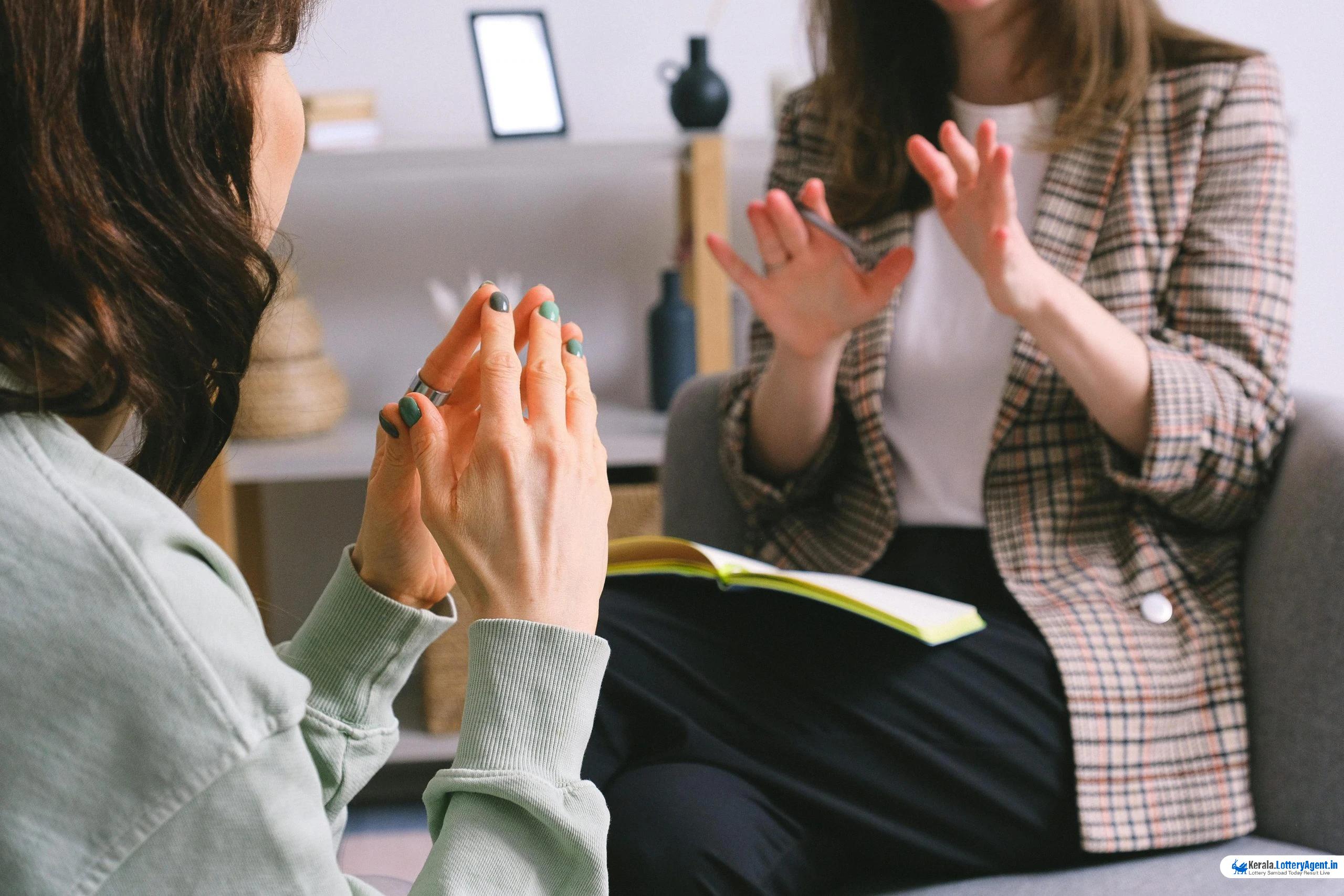
Gordon Moody’s pioneering women-only residential treatment program, which first opened its doors in 2021, has revealed promising outcomes according to a recent study conducted between November 2021 and November 2023. Initially launched as a pilot, the program was moved to the West Midlands in June 2023 and formally implemented. This initiative represents a significant step forward in providing specialized support for women grappling with gambling addiction.
Currently, the treatment program spans six weeks and offers comprehensive support both before and after the residential stay. The structured six-week period includes an initial week of assessment, followed by four weeks focused intensively on treatment, and a final “wind-down” week designed to ease participants back into everyday life. The program also offers recovery housing as an intermediary step before participants return to independent living, thus aiming for a well-rounded recovery process.
The study observing the impact of this program followed 68 women who enrolled in the female residential treatment from its inception through November 2023. Authored by Dr. Rosalind Baker-Frampton, Gordon Moody’s evaluation and research lead, and specialists from the University of Nottingham, the University of Lincoln, and the National Addiction Centre, the research provides a detailed analysis of the outcomes.
A key tool in the study was the Problem Gambling Severity Index (PGSI), which measures at-risk gambling behavior. Out of the 68 participants, 64 completed the PGSI upon entering the program. At the end of the treatment, 54 women completed the PGSI again, with follow-up assessments conducted for 31 women three months post-treatment and 23 women six months post-treatment. Initially, all participants who completed the PGSI scored >8, placing them in the high-risk gambling category.
Notably, the results revealed that six months post-treatment, nearly half (47.8%) of the women demonstrated no gambling behaviors. An additional 13.0% were classified as low risk, and 17.4% remained as moderate risk. However, 21.7% of participants were still in the high-risk category. These findings suggest that the program had a substantial impact on reducing risky gambling behaviors for a significant portion of the participants.
.
Additionally, the study examined mental health improvements in terms of depression and anxiety levels. At the onset of their treatment, all 68 women undertook the Core-10 assessment, which measures psychological distress. Six months after treatment, 23 of these women completed the assessment once more. Initially, 67.3% of participants exhibited symptoms of depression. Post-treatment results indicated a reduction, with 39.1% showing signs of depression, while a significant 60.9% reported no symptoms of depression or psychological distress.
Further, the Generalized Anxiety Disorder (GAD-7) assessment results demonstrated a decline in anxiety among participants. Upon entering treatment, 65 women took the GAD-7 assessment, and 55 of them retook it at the end of their treatment. At the program’s start, 35.3% of the women had severe anxiety. Impressively, none of the women showed severe anxiety levels by the end of the treatment. Moreover, the percentage of women experiencing no clinical anxiety rose from 19.5% at the onset to 55.6% at the conclusion of the program.
The study suggests that residential treatment might offer unique benefits to women, providing them with an environment free from caregiving and other day-to-day responsibilities. This setting allows participants the necessary time and space to address underlying trauma and acquire effective coping strategies.
The results from this study indicate that Gordon Moody’s women-only residential program could be a potent model for tackling gambling addiction among women, addressing not just the behavioral symptoms but also the underlying mental health issues associated with addiction. As the program continues to evolve, these findings offer hope and guidance for future initiatives aimed at curbing problem gambling and supporting recovery in women.












